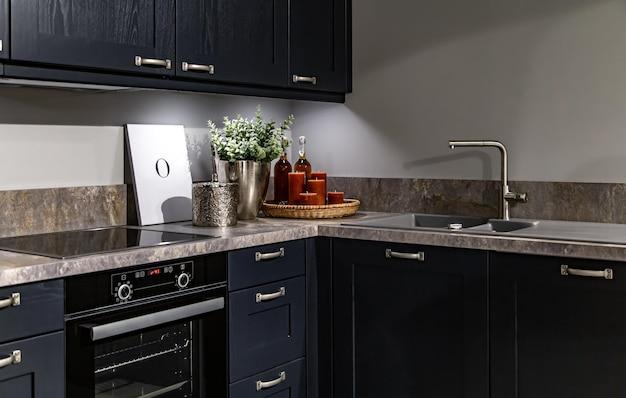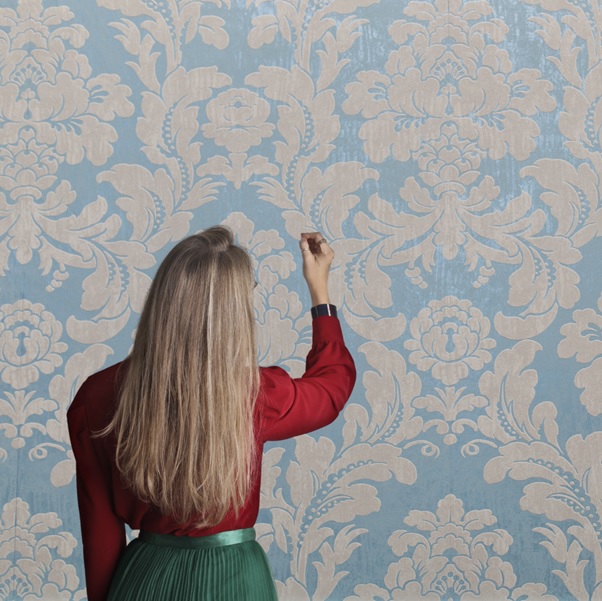
The Basis of Comparison of molded pulp and plastic containers for planting is best done on the agricultural and environmental values. It is a common practice for horticultural nurseries to first grow their plants, trees or flowers, on a small scale before moving them out. Farmers do such preliminary plantings in plant containers that hold soils and bury the seeds in the soil while tending to them daily. For a small to a medium-sized nursery, it may produce about a thousand plants per month, in a bad season. Have you ever wondered where they get those containers from? Do you ever think to yourself, what would be the fate of these containers once disposed of during permanent planting?
For many years, plant containers have been plastic bowls, cups, buckets, and even bags. Now imagine a thousand nursery farms with monthly out-turn of 1000 plants in plastic, each. These numbers imply that the plant containers end up wherever they are sent, whether landfills or are burnt. Either destination is harmful to the environment and human health.
That is where the distinction with molded pulp comes in. A molded pulp plant container is an eco-friendly planting container that is made from recycled paper and molded from the pulp.
Eco-friendliness
Horticulture is a practice that promotes green earth and wellness. Thus, it is only befitting that the practices surrounding it are done. Plastics are not earth-friendly, considering they do not disintegrate and end up polluting the earth’s surface. Moreover, ridding them still releases toxic substances into our environment. The molded pulp, however, is earth-friendly. It can naturally decompose; thus, it doesn’t contribute to the earth’s pollution in ways that plastic containers would.
No need for the removal
Owing to molded pulp’s natural disintegration process, there is often no need to remove the tender plant from it. Planters know the process of transplanting is a delicate one as shoots or roots can be compromised or broken in the process. Molded pulp eliminates this wastage by allowing you to plant directly. Once soaked, the containers become soft and can easily break off, following the natural disintegration process.
Air holes
Plants need breathing spaces just like humans. Plastic containers do not readily allow for that, except holes are being drilled on them. Molded pulp has double advantages, considering that its membranes are permeable. Many of them are manufactured with air holes, too, aiding soil-air interactions.







